Accessible mental well-being intervention for adolescents in school settings: a single-group intervention study using a pretest–post-test design, Child and Adolescent Psychiatry and Mental Health
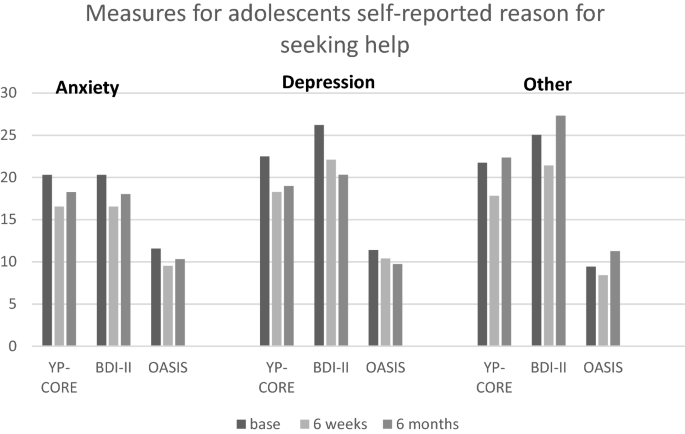
By A Mystery Man Writer
Background A growing number of adolescents seek treatment for mental health problems, a circumstance that stresses the importance of implementing accessible treatment options. This study evaluates the impacts of brief, mental well-being intervention for adolescents in a school environment. As mental health interventions are often targeted at specific disorders, we sought a comprehensive approach to reach adolescents with a range of mental health symptoms. Methods Single-group intervention study with a pretest–posttest design was utilized and conducted in lower, upper secondary, and vocational schools on adolescents ages 12–18 who sought medical attention for mental health symptoms. The cut-off point for inclusion was ≥ 14, for the Young Persons Clinical Outcomes for routine Evaluation (YP-CORE) measurement. The intervention included six face-to-face visits implemented by psychiatric nurses who received a 3-day training course. The impacts were evaluated after 6 weeks (n = 87) and again at 6 months (n = 68) and assessed using the YP-CORE, Beck Depression Inventory (BDI-II) and Overall Anxiety Severity and Impairment Scale (OASIS). Results The participants reported significant levels of mental distress at baseline with a YP-CORE mean score = 21.48, a BDI-II mean score = 23.60, OASIS mean score = 10.98. Post-intervention results at 6 weeks for the primary outcome YP-CORE showed a significant (p < .001) mean score decrease of − 3.82, a medium effect size d = .627. For participants attending upper secondary and vocational schools the YP-CORE scores changed significantly from baseline to 6-weeks (p = .005) and from baseline to 6-months (p < .001). Long-term outcomes at 6-months showed a − 1.14 decrease (p = non-significant), effect size d = .175. After the 6-week intervention, 12% of the participants were assessed as not requiring additional visits. Conclusions This easily accessible intervention in a school setting indicated improvement for those participants with mild to moderate mental disorder symptoms and attending upper secondary and vocational schools. After the 6-week intervention, significant positive effects were observed. Participants reported substantial levels of mental distress at the baseline, which could contribute to the decline of symptoms and need for extended care during the 6 months follow-up. Trial registration Retrospectively registered with Clinicaltrials.gov identifier NCT05356949

PDF) Cognitive behavioral treatment for depressed adolescents: results from a cluster randomized controlled trial of a group course
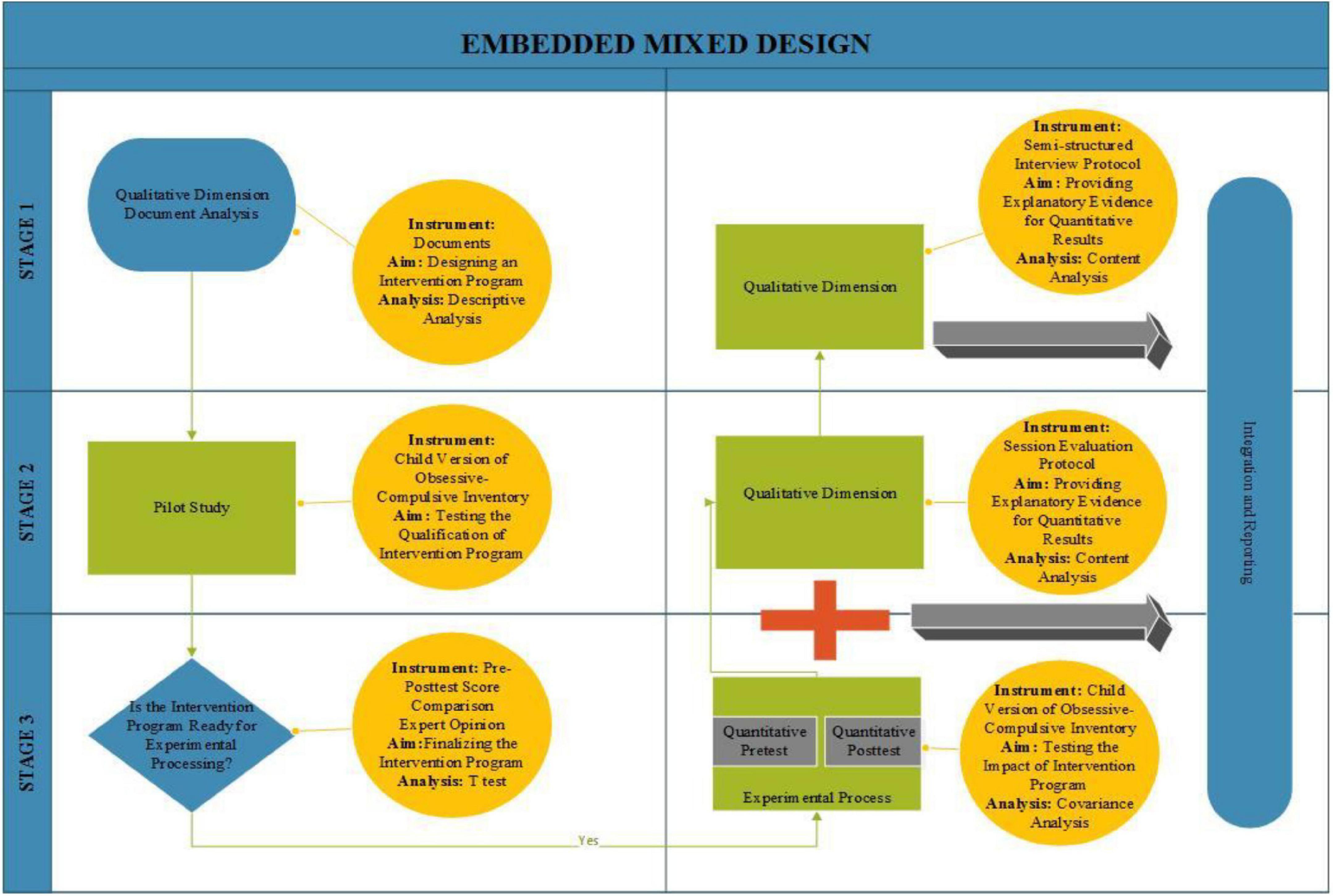
Frontiers Developing and Examining the Effectiveness of a Cognitive Behavioral Therapy-Based Psychoeducation Practice for Reducing Obsessive-Compulsive Symptoms in Adolescents: A Mixed-Methods Study With a Turkish Sample
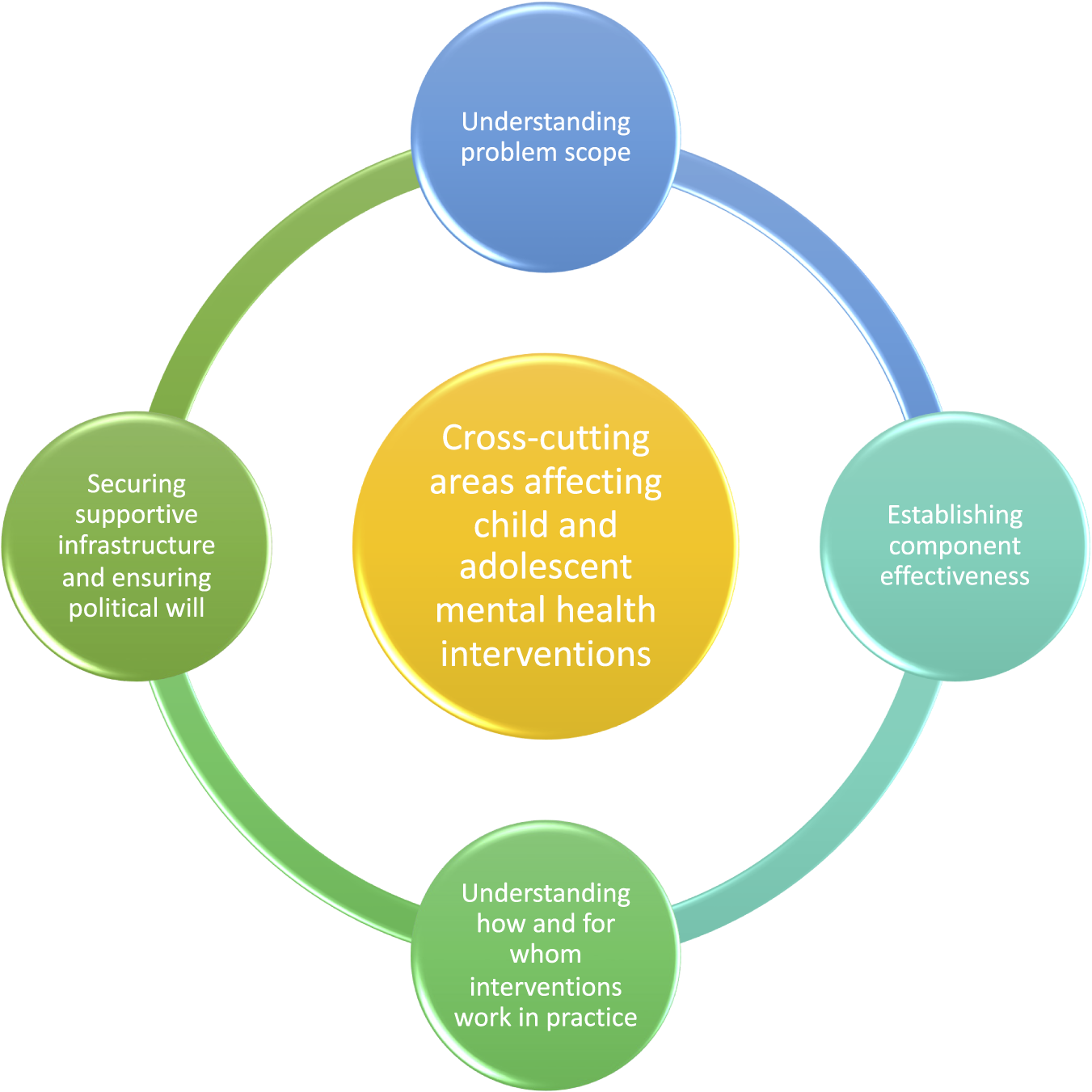
Critical life course interventions for children and adolescents to promote mental health, Cambridge Prisms: Global Mental Health

A Randomized, Controlled Trial of Integrated Home-School Behavioral Treatment for ADHD, Predominantly Inattentive Type - Journal of the American Academy of Child & Adolescent Psychiatry

PDF) Effect of a peer‐led intervention combining mental health promotion with coping‐strategy‐based workshops on mental health awareness, help‐seeking behavior, and wellbeing among university students in Hong Kong
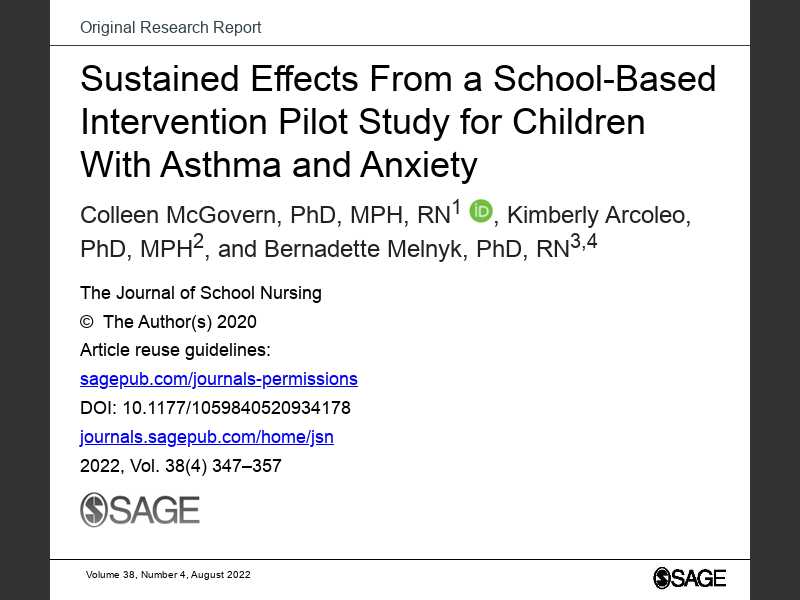
August 2022Sustained Effects from a School-Based Intervention Pilot Study for Children with Asthma and Anxiety
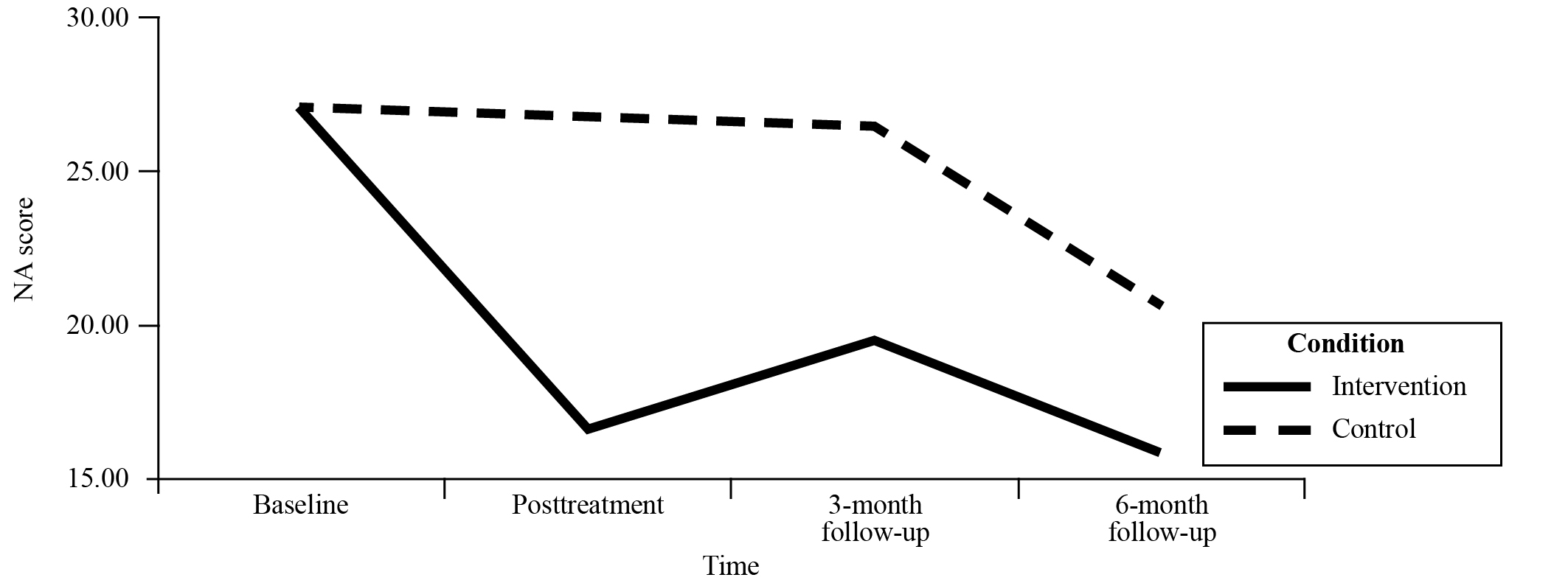
10459 Social Behavior and Personality

PDF) Accessible mental well-being intervention for adolescents in
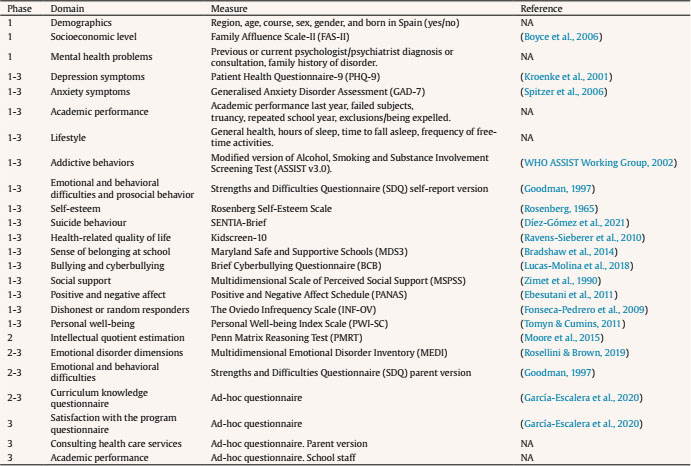
PSICE Project Protocol: Evaluation of the Unified Protocol for Transdiagnostic Treatment for Adolescents with Emotional Symptoms in School Settings

Effectiveness of Online Interventions for the Universal and Selective Prevention of Mental Health Problems Among Adolescents: a Systematic Review and Meta-Analysis

Psychological and educational interventions for preventing depression in children and adolescents - Merry, SN - 2011
- Full article: Psychometric properties of the Chinese version of Young Person's Clinical Outcomes in Routine Evaluation (YP-CORE)

- Winning With Core Values: How core values help you win in business and in life eBook : Lai, YP, Thomas, Lisa, Williamson, John, Hartup, Robert, Raad, Rebecca, Gill, Leisa, Teremi, Ilona

- Yuri Champ Brand Power Tools-90MM CORE DRILLING MACHINE YP-CD90(Multicolor_1 Piece)-SSS247 : : Industrial & Scientific

- Port & Company Pc90 Yp Youth Core Fleece Sweatpant

- Yuri YP-CD250 Diamond Core Drilling at best price in Mumbai



.png)
